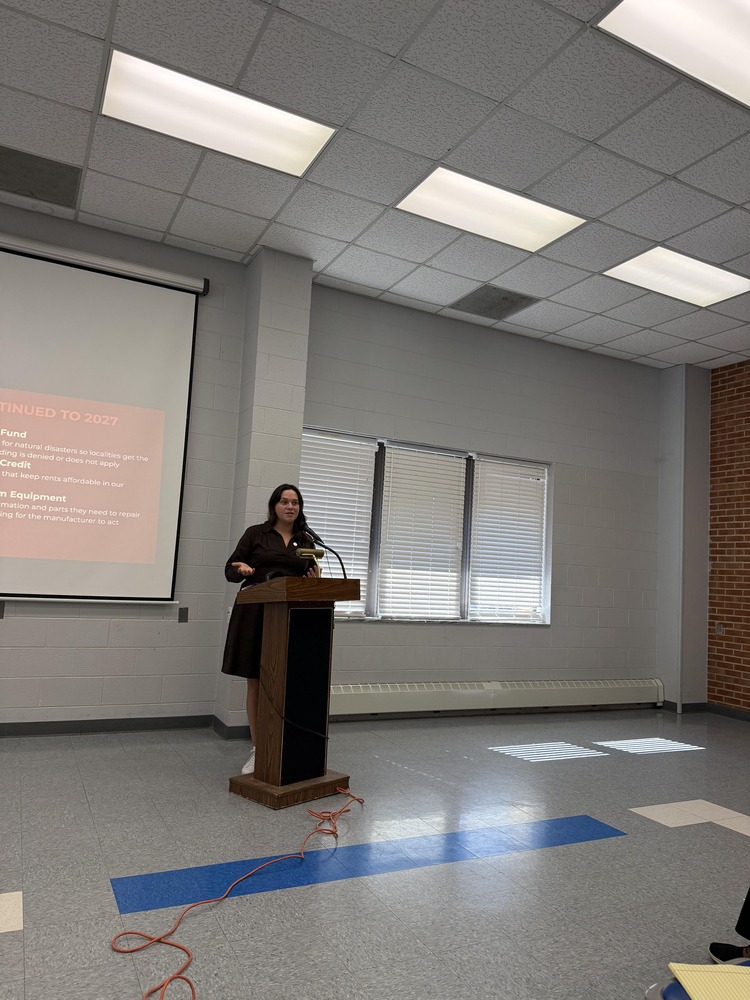The University of Virginia has declined to sign onto a controversial compact from the Trump administration that would have offered preferential treatment in exchange for adopting specific institutional policies.
UVA joins growing list of institutions rejecting federal proposal
UVA interim President Paul Mahoney announced Friday that the university would not be joining the “Compact for Academic Excellence in Higher Education,” a proposal from the U.S. Department of Education that offered participating institutions preferred access to research grants and other benefits in exchange for adopting particular approaches to admissions practices, tuition, foreign enrollment, and other issues.
In his statement, Mahoney emphasized that while UVA shares some of the compact’s foundational goals, the university seeks “no special treatment in exchange for our pursuit of those foundational goals.”
“A contractual arrangement predicating assessment on anything other than merit will undermine the integrity of vital, sometimes lifesaving, research and further erode confidence in American higher education,” Mahoney wrote in his response to the White House.
State lawmakers applaud UVA’s decision
During a rally on university grounds last week, State Senate Majority Leader Scott Surovell voiced strong support for UVA’s decision to reject the compact.
“We need to stop appeasing these people and stop pretending like they’re acting in good faith,” Surovell said. “They’re not acting in good faith. They’re trying to destroy our universities.”
Surovell argued that the compact contained contradictions that would have damaged UVA’s reputation and standing in the academic community.
“It says we want to promote free speech, but we also want to eliminate certain types of speech. It says we want to reduce costs, but we also want to eliminate foreign students who pay three times as much as in-state students. It says we want to promote research, but we’re going to tell you what kind of research you can do,” Surovell explained.
Growing resistance to federal compact
UVA joins a growing list of prestigious institutions rejecting the compact, including Dartmouth College, MIT, and several other universities. The University of Virginia is notable as the first public and Southern university to formally decline participation.
According to reporting by Inside Higher Ed, at least nine universities have now either rejected or expressed concerns about the compact, which critics have characterized as an attempt to exert political influence over higher education institutions.
The Virginia Mercury reported that some Virginia lawmakers had denounced the proposal as “political extortion” and threatened to withhold state funding from the university if it accepted the compact’s terms.
Concerns about academic freedom and political interference
Surovell emphasized that education should remain protected from political interference.
“Education is supposed to be protected from politics. The reason we have tenure is to make sure professors can teach what they want to teach and research what they want to research without political interference,” Surovell stated. “The reason we have a board of visitors is to make sure that the legislature and the governor can’t directly interfere with education.”
The state senator also called for greater protection for former UVA President Jim Ryan, who resigned in June amid pressure from the Department of Justice. Ryan faced accusations of not fully dismantling diversity, equity, and inclusion (DEI) programs at the university as required.
Next steps for UVA and higher education
As the deadline for institutions to sign the compact approaches, the rejection by UVA and other prominent universities signals significant resistance within higher education to what many view as politically motivated conditions for federal support.
The university’s decision comes at a time of heightened tension between higher education institutions and federal authorities over issues of academic freedom, diversity initiatives, and institutional autonomy.



